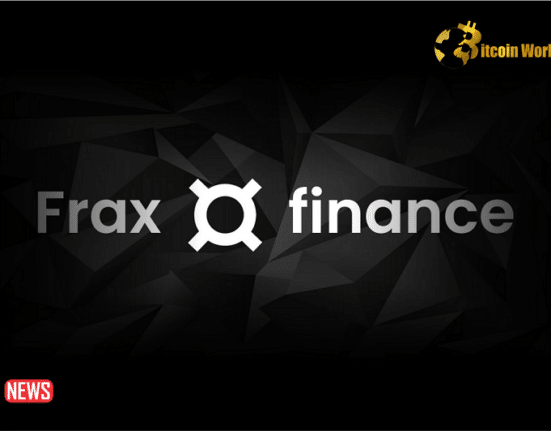Paul Brody, the Blockchain Lead at Ernest & Young (EY), recently highlighted the ongoing debate between public and private blockchains. He voiced his thoughts during the Real World Asset Summit. Interestingly, Brody expressed skepticism regarding the future of private blockchains, especially with the growing dominance of public platforms like Ethereum. He made his viewpoint known through a tweet following the discussions at the summit.
Brody believes that big financial institutions, especially those leaning towards private chains such as R3 Corda, might soon find their strategies less effective. Consequently, this could hinder mass adoption. His observations come after the Real World Asset Summit, an exclusive event on September 19. Sponsored by industry giants, including Coinbase and Circle, the event spotlighted the future of tokenization, cryptocurrency, and credit. Significantly, the summit featured 40 prominent speakers from the decentralized finance (DeFi) domain, like Robert Leshner of Compound and Jesse Pollak of Base. However, from Brody’s comments, it remains ambiguous as to which expert he was referencing.
In contrast to their private counterparts, public blockchains are anchored in decentralization and open access. The allure of public chains is evident: they offer universal access, requiring only a crypto wallet and an internet link. Moreover, hot wallets, such as MetaMask and Coinbase Wallet, serve as gateways for users to transact, mint, and more on these blockchains. In comparison, networks like Bitcoin offer limited transactional features.
This freedom and security can elucidate the soaring popularity of platforms like Ethereum. As of September 20, Ethereum’s market cap surpassed $195 billion. Additionally, it has garnered endorsements from tech behemoths like Visa and PayPal. Visa’s ongoing project aims to let users cover Ethereum gas fees with their cards, promoting wider Ethereum network interaction without the prerequisite of buying ETH. On a related note, collaborating with Paxos, PayPal introduced its stablecoin, PYUSD, on Ethereum’s platform
Earlier in the year, EY’s Blockchain Analyzer tool broadened its support to include Dogecoin, reinforcing its commitment to multiple coins like Ethereum and Bitcoin. This innovative tool enables auditors to match client data with public ledgers seamlessly. Hence, it’s evident that as the blockchain universe expands, the tussle between public and private chains will continue to spark interest and debate.















